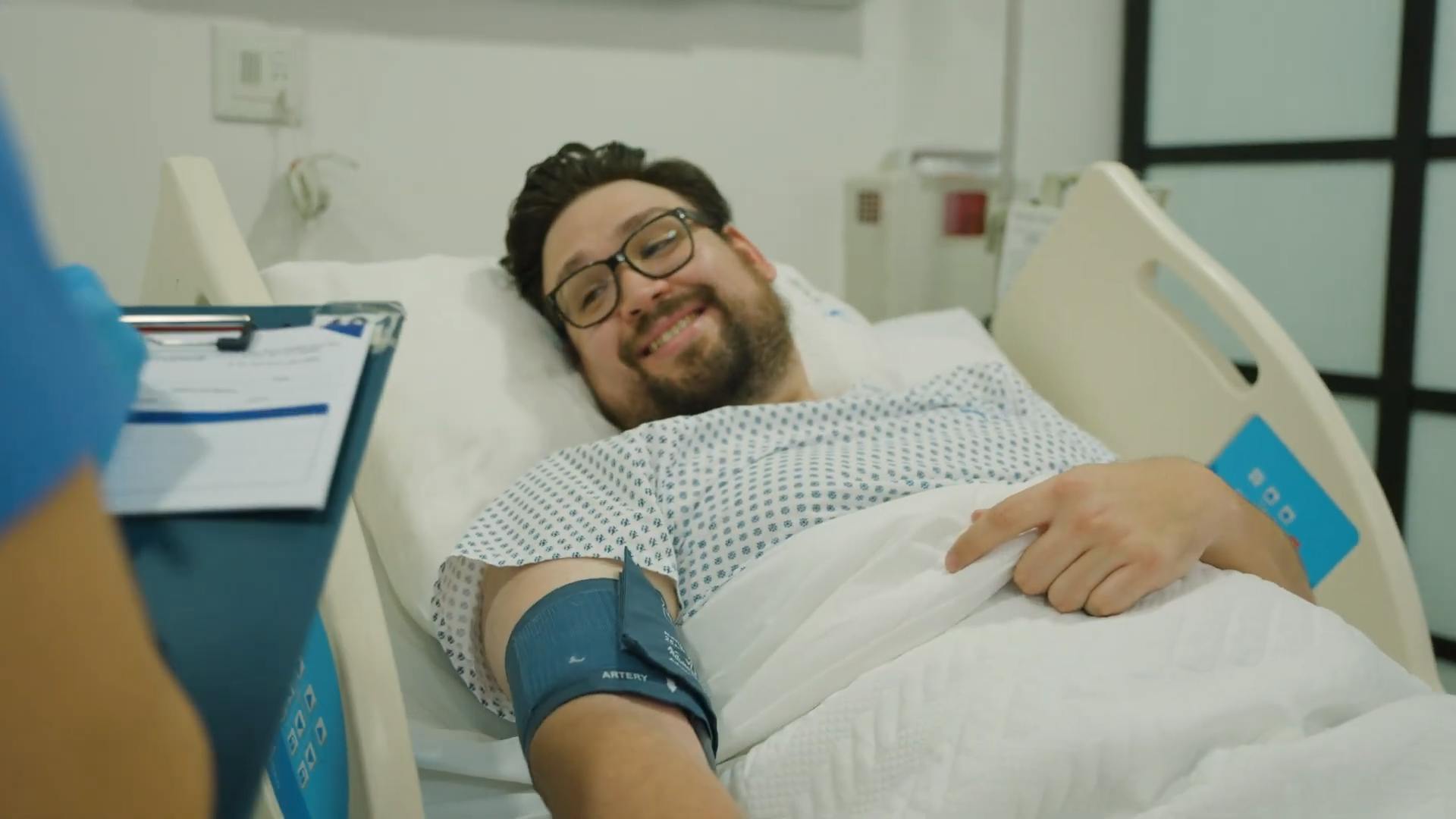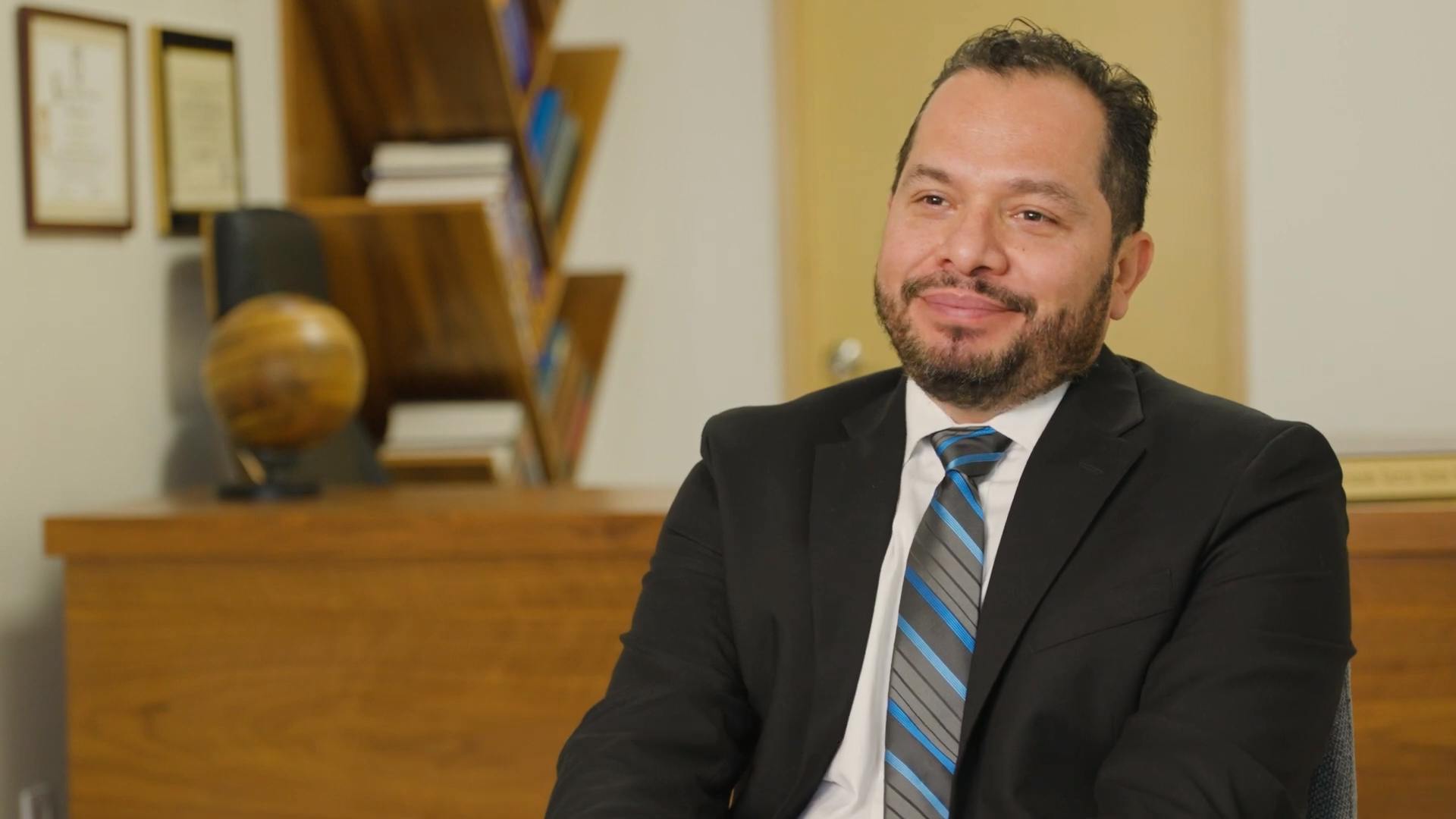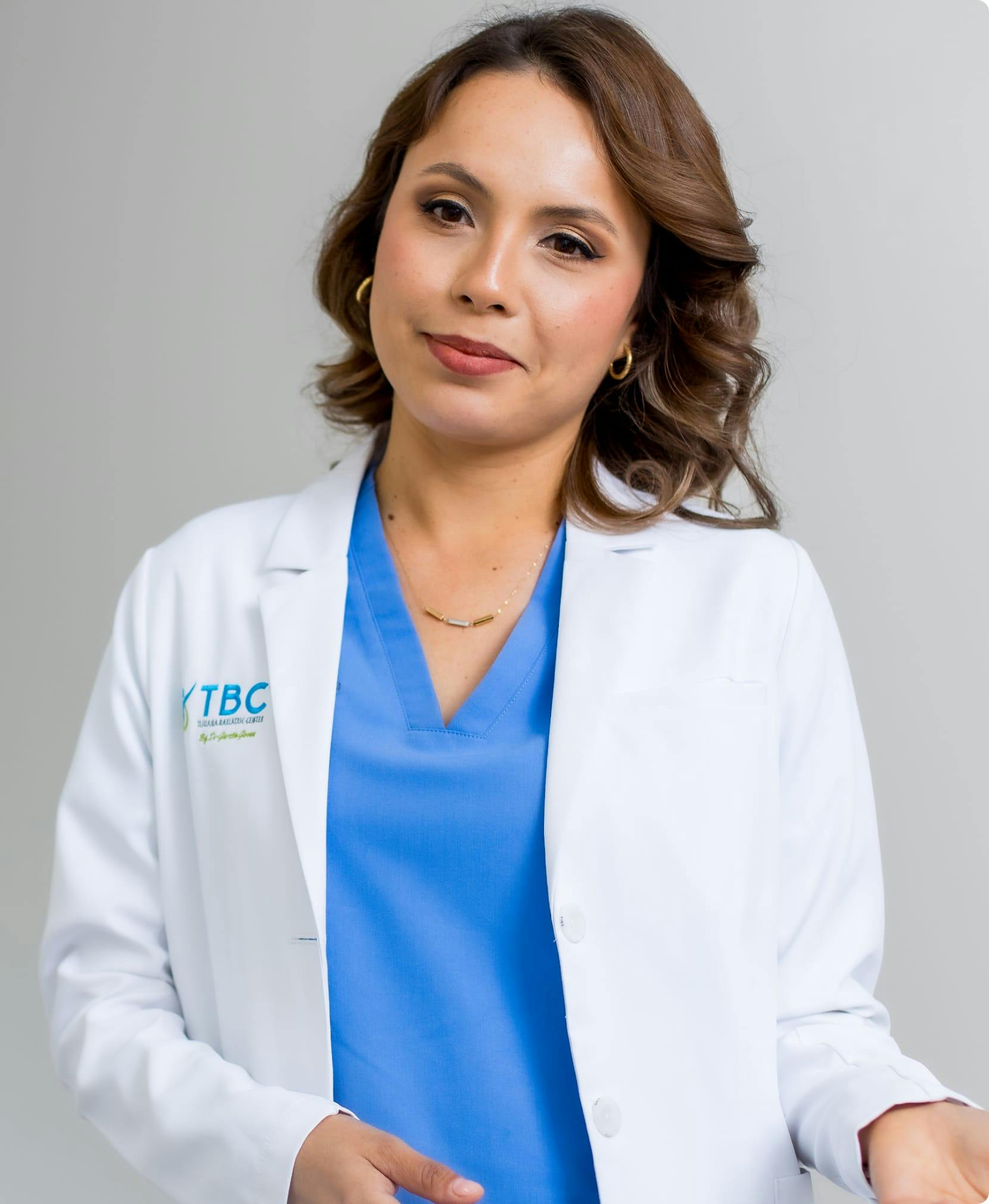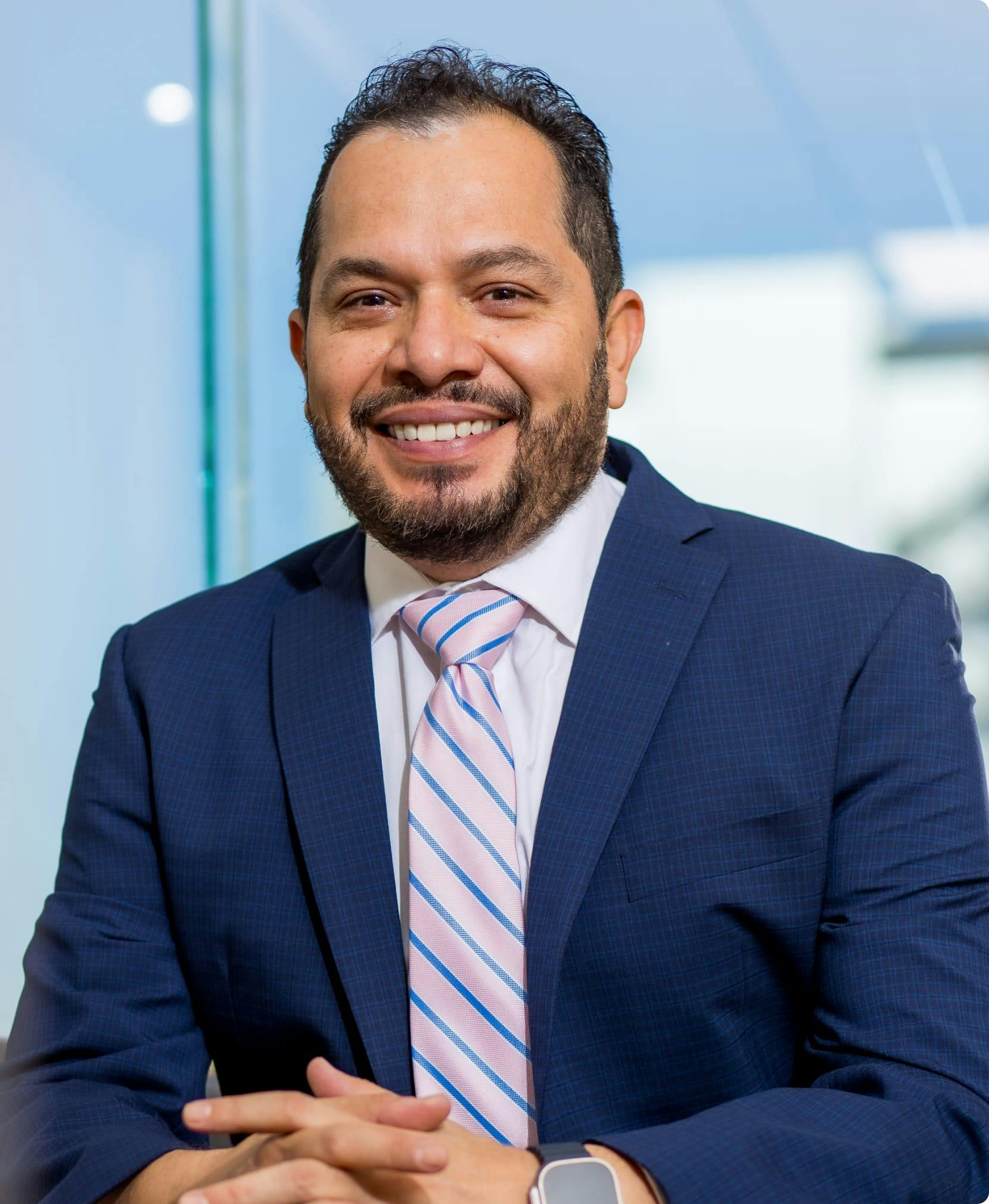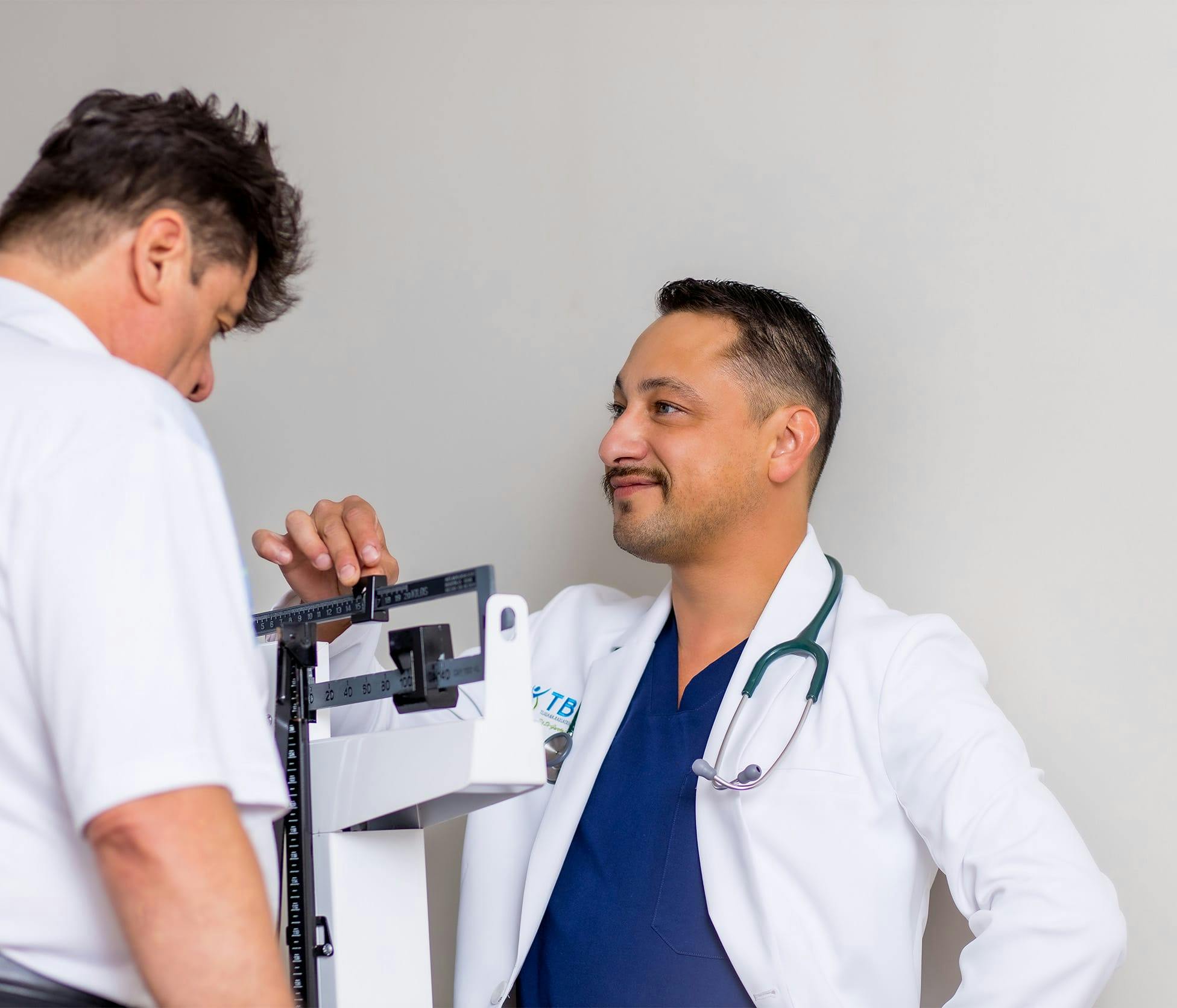Gastric Bypass Surgery: An Overview
Gastric bypass is highly effective because it uses both restrictive and malabsorptive techniques. The surgeon divides the stomach into a small upper pouch and a larger lower section, limiting food intake to around one cup. This helps patients feel full with much smaller meals.
In the second part of the surgery, the small intestine is rerouted to bypass a large portion of the digestive tract. This reduces the number of calories and nutrients absorbed by the body, contributing to significant and lasting weight loss.



